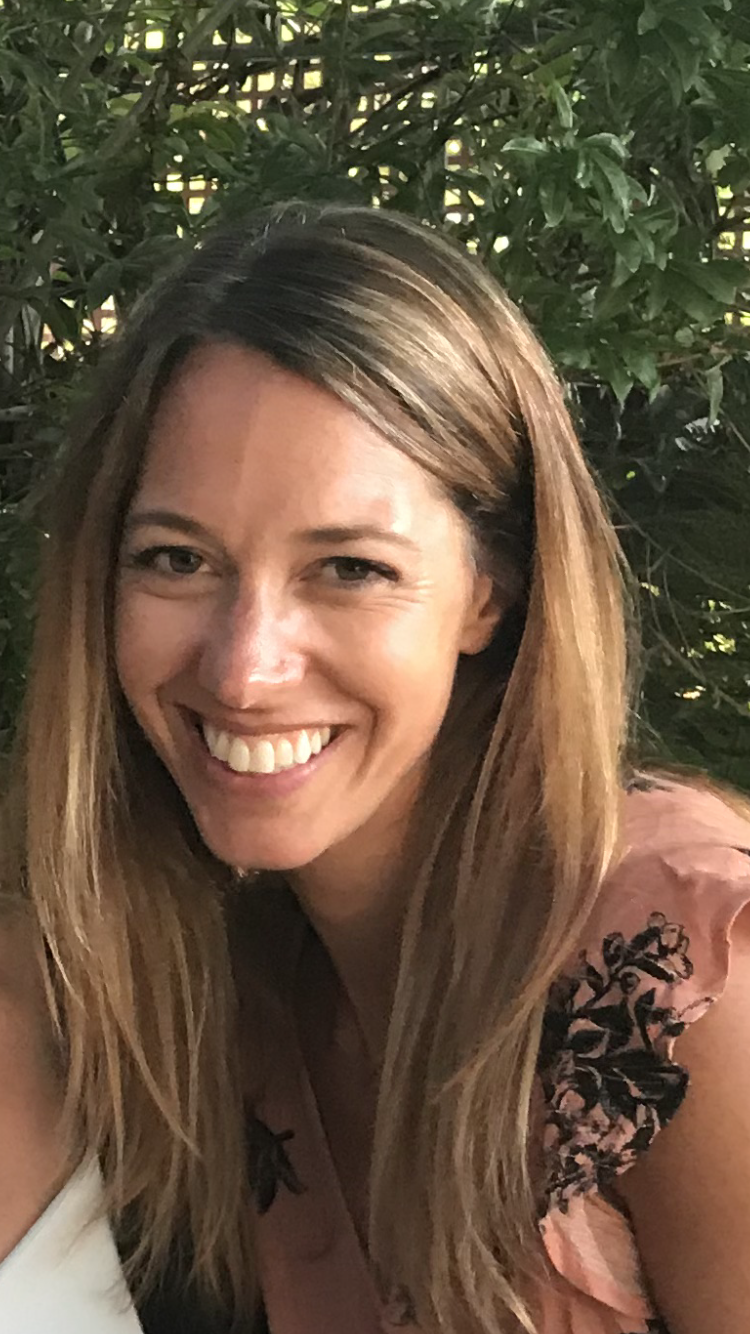You have a brain tumor.
You will be dead in six months.
You should have quit smoking.
You should have seen the doctor sooner.
You will have pain and suffer.
Or
Most of you remaining moments will be normal.
You will be on a stage.
What you say will be remembered
We will all die soon
Any you can teach us how to do it well.
And by living in the moment
Have the best six months of your life.
If I was God on Christmas morning
And you were my child,
And there were three gifts,
One you had opened which was perfect, Another the biggest was yet unopened,
And you were so intent on those two
That you didn’t pay attention
While opening my tiny perfect gift,
The moment of now,
I would be disappointed.
Dr. George Chalmers (1946-2017)
Family physician, North Vancouver, B.C.
from the poem “The Power”
Paying full and deep attention to what is happening in the present moment is at the centre of everything we do with the dying. However, truly being with death, whether it be in your work environment, at the bedside of a loved one or as your own constant companion after a terminal diagnosis, challenges us in many ways. These challenges, such as feeling helpless in our ability to change outcomes, being unable to ease the physical and or emotional pain and our own fear surrounding the fragility of life often causes us to create coping mechanisms.
Quite often these ways of coping with what feels like to much to bear involves creating a sense of control by our ‘doing’. As health care providers it may involve offering more or different treatments, for loved ones and those facing their own death, we may keep busy with all the practical tasks that appear in our lives when illness arrives at our doorstep.
It takes courage, effort and stamina for us to be present with the dying – to hold moments without judgement and fear – to stop the avoidance of doing and business and to be still and sit with death. However, if we are able to be in the present and face our fears, we diminish them by becoming grounded in truth. This place of stillness where things just simply are, not how we think they should be – this is the ideal place to reside.
The biggest gift we can give those who are facing death is our presence. To bear
witness to where they are at right now. To be open, natural and relaxed. To be with them in their pain, suffering, fear, joy, wherever they are. We should try not judge ourselves for what we are thinking or feeling, rather observe and let it go. To let go of trying control to fix or make better and just be. To bring our attention back to the person who is dying and take their lead, even if that lead is to sit in silence. And, finally, to expect nothing in return.
For those who are facing their own death, the ability to let go of past regrets or future worries alleviates much stress. For those working with the dying, the ability to remain present and accept what is can also reduce stress. In conjunction these efforts can create harmony.
Being in the now is challenged by all kinds of complex conditions, however, deciding where to focus our awareness is a choice and a skill that we need to learn and to practice. A simple tool we can use to access the present moment is through focusing on our breath. This is grounding and anchors us in the moment. It is a matter of bringing ourselves back over and over.
As a health care worker or primary care giver this may require extra effort. The
importance of self care is critical. It is important to take time to look after ourselves without feeling guilty for doing so. What is most important is that we are fully present with the person dying. Working with the dying can be challenging but it can also be deeply rewarding work. It gives us a precious opportunity to shed habits that no longer serve us helping us show up for our living and our dying.
Tracy Chalmers
End of Life Doula & Hospice Volunteer
Board member of the End of Life Doula Association of Canada
Instructor of the End of Life Doula Course, Douglas College

